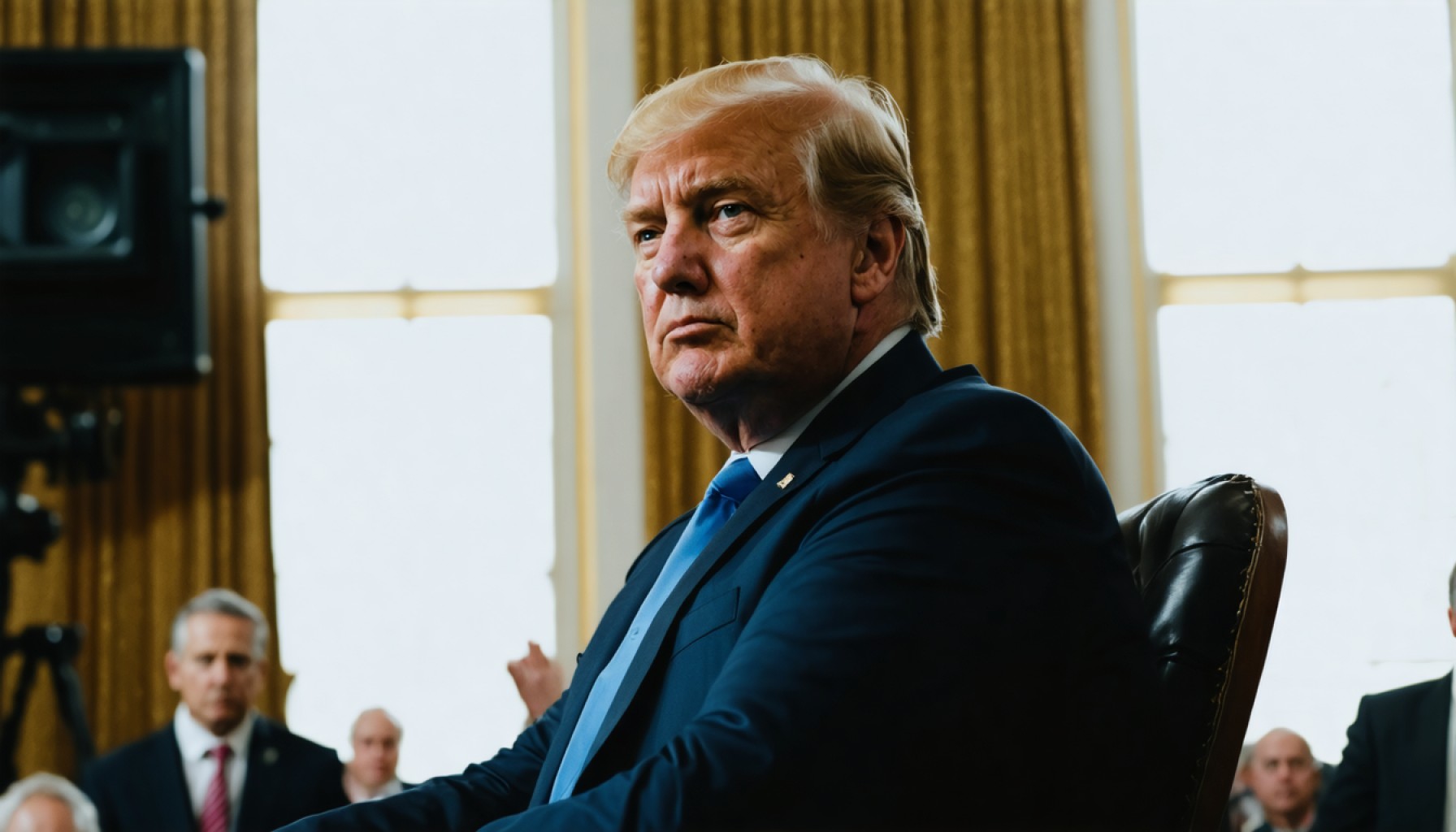- Jiang Chaoliang, a prominent Chinese politician, is under investigation for serious allegations, drawing nationwide attention.
- Jiang’s career includes key roles as Governor of Jilin Province and Party Secretary of Hubei Province, showcasing his rise in Chinese politics.
- His current position as Vice Chairman of the Agriculture and Rural Affairs Committee places him at the center of the investigation.
- The Central Commission for Discipline Inspection leads the probe, highlighting a commitment to transparency and accountability in the political sphere.
- This situation echoes a broader narrative of political integrity and the message that no one is immune from scrutiny in the pursuit of justice.
A storm of scrutiny swirls around a prominent figure in Chinese politics, capturing attention nationwide. At the eye of this storm is Jiang Chaoliang, a seasoned politician with an illustrious career that has now taken a conspicuous pause. The crisp announcement, etched on the website of the Central Commission for Discipline Inspection, reveals that Jiang is under intense investigation for alleged serious violations.
Jiang’s career journey chronicles his rise through the political ranks over several decades, with pivotal roles such as Governor of Jilin Province and Party Secretary of Hubei Province decorating his résumé. Born in August 1957, he ascended to these influential positions through a calculated blend of diligence and acumen. Yet now, as Vice Chairman of the Agriculture and Rural Affairs Committee, Jiang faces a challenge that cuts to the core of his legacy.
As the central authorities embark on their rigorous investigation, the nation watches with bated breath. These proceedings underscore a resolute commitment to transparency and accountability, signaling Beijing’s unfaltering quest to root out corruption at all levels. The streets, abuzz with this news, echo a broader narrative of political integrity being tested and reaffirmed.
For Jiang, this juncture is pivotal—a time perhaps as defining as the zenith of his career. For citizens, it’s another chapter in the ongoing story of governance rooted in ethical diligence. Amidst this complex tapestry of power and responsibility, one truth stands out: no one is beyond reproach in the pursuit of justice.
Could Jiang Chaoliang’s Investigation Signal a New Era in Chinese Political Accountability?
Jiang Chaoliang and Chinese Political Dynamics
The unfolding investigation into Jiang Chaoliang, a once prominent figure in Chinese politics, raises important discussions about corruption, accountability, and governance in China. With Jiang’s illustrious career, including roles like Governor of Jilin Province and Party Secretary of Hubei Province, the scrutiny he faces serves as a lens to understand deeper societal and political themes.
How-To: Deciphering Political Investigations in China
For those seeking to understand how political investigations in China typically unfold, consider these steps:
1. Announcement of Investigation: Typically occurs through official Chinese Communist Party (CCP) channels, like the Central Commission for Discipline Inspection (CCDI).
2. Public and Media Reaction: This triggers immediate nationwide attention and speculation, often leading to broader discussions about governance and integrity.
3. Conducting the Investigation: The CCDI executes thorough investigations, which may involve examining financial, personal, and official dealings.
4. Outcome Determination: This could involve charges, removal from office, or sometimes exoneration, impacting political careers significantly.
Jiang Chaoliang’s Career as a Case Study
Jiang’s political journey highlights key elements that aspiring political analysts or observers should be familiar with:
– Career Progression: Understanding the trajectory of Chinese political careers offers insights into how political leaders reach powerful positions. Jiang’s rise reflects typical committee engagements and provincial leadership roles.
– Political Climate: The intense scrutiny surrounding Jiang displays China’s evolving approach to political integrity and public accountability.
Controversies & Limitations
Jiang’s case isn’t isolated. Investigations like his often bring controversies:
– Transparency: While the Chinese government underscores commitment to transparency, details of such investigations might remain opaque, making it difficult to ascertain complete truths.
– Political Motivations: Sometimes speculated that investigations might be leveraged for internal political maneuvering, reflecting power dynamics within the CCP.
Pros & Cons Overview
Analyzing the broader implications of such political actions can reveal:
– Pros: Reinforces the message that accountability extends to all, potentially restoring public faith in governance systems.
– Cons: Continuous disruptions of political leadership might cause instability and hinder consistent policy implementation.
Trends and Forecasts in Political Accountability
Current trends suggest China is prioritizing anti-corruption campaigns:
– Increased Frequency of Investigations: Rising number of such actions might imply tightening oversight.
– Potential for Systemic Changes: Over time, sustained efforts could lead to deeper regulatory changes in how political activities are monitored.
Real-World Implications
Understanding Jiang’s case offers broader insights:
– Policy Impacts: Political shifts can influence domestic and international policies, especially in influential regions like Hubei.
– Public Sentiment: The public’s response reflects broader outlooks on governance and trust levels.
Actionable Recommendations
For individuals keen on understanding political transformations:
– Stay Informed: Regularly check credible sources like the CCDI’s website and respected news outlets for updates on political investigations.
– Engage in Discussions: Being part of forums or joining discussions on platforms related to global politics can provide diversified perspectives.
– Explore Historical Precedents: Understanding past cases can predict possible outcomes and impacts.
For continuous updates on Chinese politics and other global topics, visit BBC, CNN, or Reuters.
